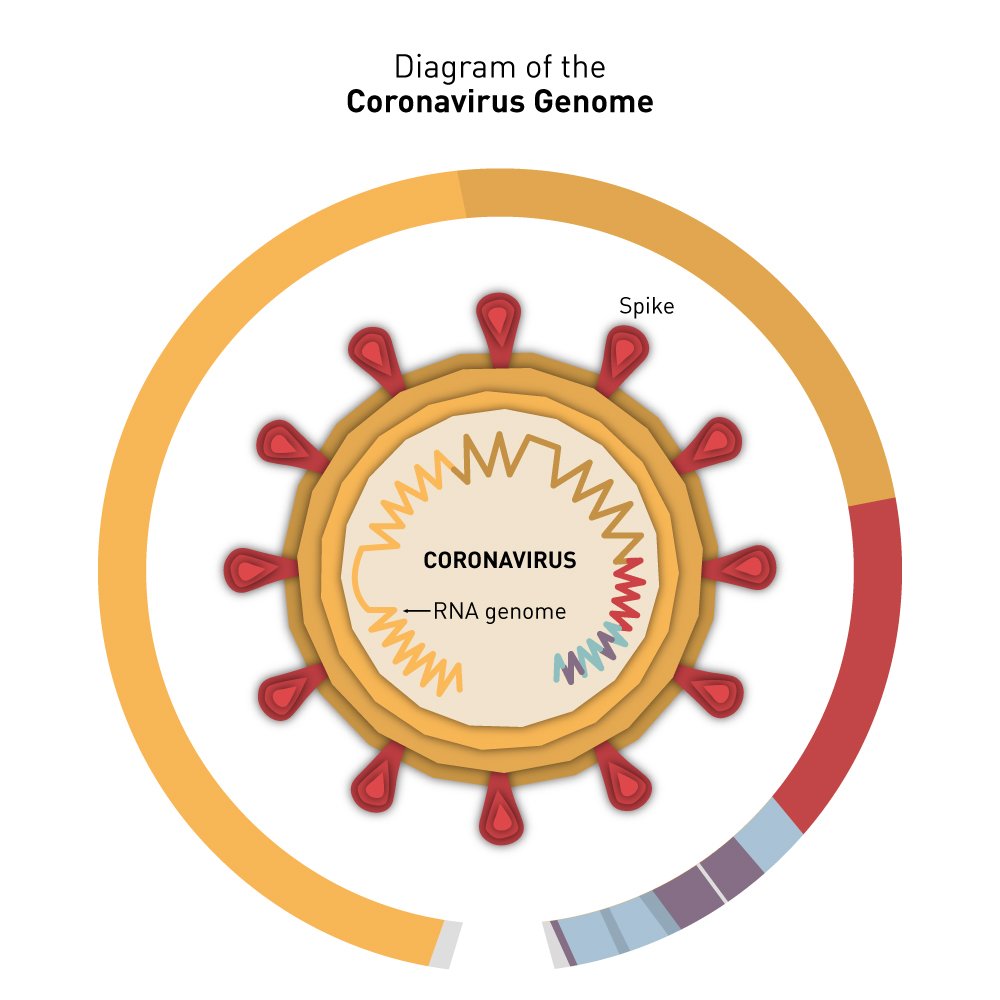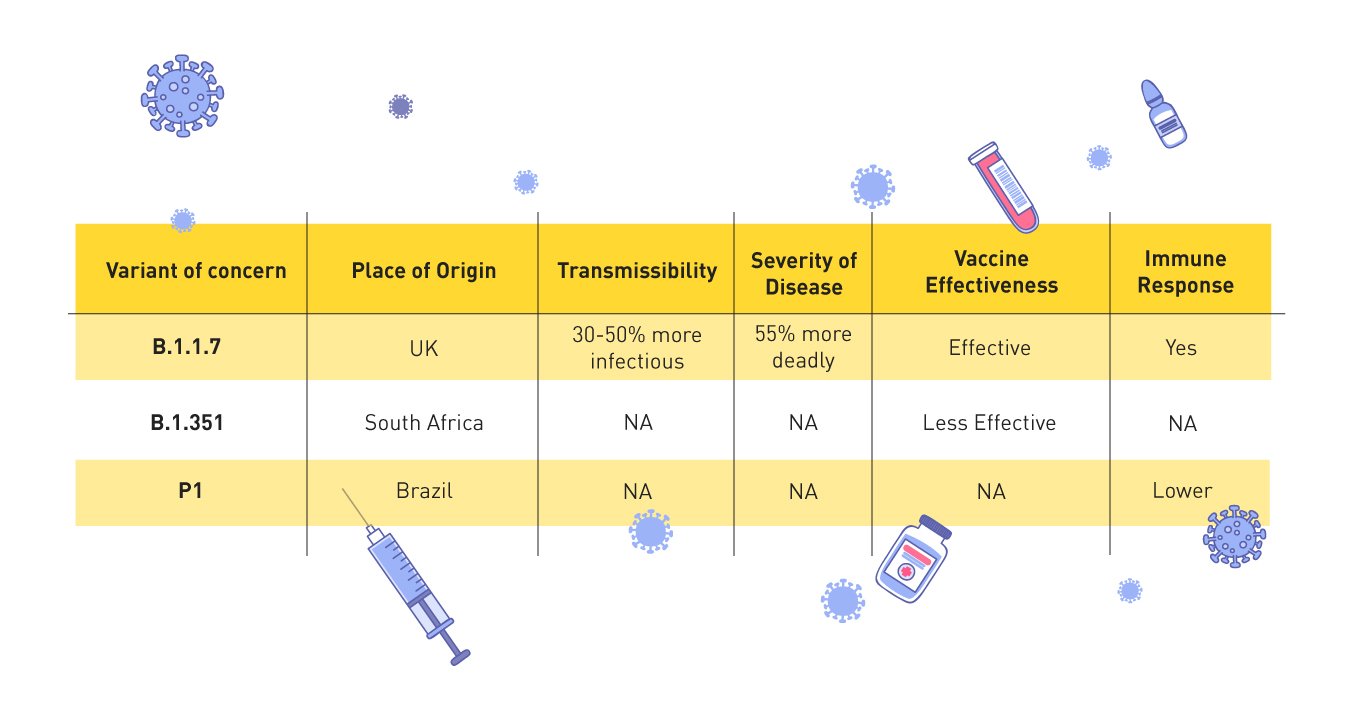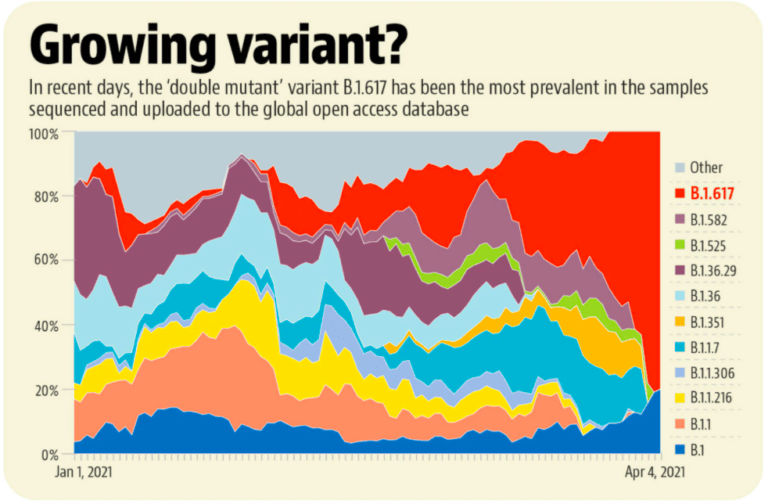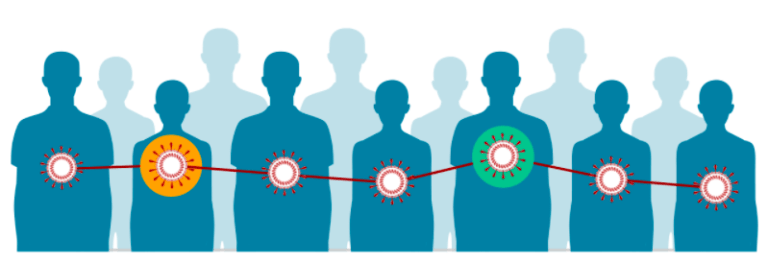
Let’s talk flu, its prevention and home remedies.
Boo-ger season is here! Let’s begin by defining flu (short term for influenza) because it’s usually misunderstood as fever or cold. Flu is a common
When COVID19 hit Sri Lankan shores in March 2020, very few of us thought that this would be something that’d last months, let alone years. Even fewer anticipated that it could mutate and create variants that made a bad situation worse. However, the nature of pandemics is such that they last years (not months), and viruses use widespread infections to become a more potent version of themselves.
This is why, fast forward 14 months, the world now has around eight variants of the Sars-CoV-2 pathogen. What does that even mean, though?
Short read: The more the virus is allowed to spread, the more mutations it will create to evade the immune response. The variants we have seen arising out of the UK, South Africa, and Brazil are more infectious and deadly. If these variants successfully bypass the vaccine response, we will be back to square one. As such, limiting the spread of infection remains an integral part of the pandemic response.
Want to know the why behind the what?
Let’s go back to the basics. COVID19 is a disease caused by the Sars-CoV-2 pathogen. The virus is a shell containing a strand of RNA. The strand of RNA has around 30,000 letters of genetic information. This RNA gets into our cells, replicates, creates more viral cells and causes havoc in our bodies.
But sometimes, during this replication process, the infected cell makes errors when copying the letters. These errors are referred to as mutations. Genetic sequencing of PCR tests helps scientists keep track of these mutations. The mutations are bucketed into groups called lineages, and if enough viruses have the same mutation, they are called a variant. If the mutations in these variants grow varied enough and change their function, you get a strain.
So let’s put this into context.
Sars-CoV-1 caused the 2001 SARS epidemic, a different strain from Sars-CoV-2, the cause of our pandemic. Unfortunately, Sars-CoV-2 has undergone sufficient mutations in various parts of the world to now have several variants running amok.

When does this become a problem?
Mutations are normal. Even when our DNA is replicated by our cells, mutations occur. However, the effects of the mutation are what matters the most. The CDC/WHO classify variants into i) variants of interest, ii) variants of concern and iii) variants of high consequence.
Although ca. 8 mutations have been discovered in Sars-CoV-2, 3 of these variants are currently classified as variants of concern. Variants of concern cause more severe disease, are more contagious and can evade the vaccine response. The remaining five are categorised as variants of interest: they can surge infections and be more infectious. However, they are not entirely understood as yet.

What’s going on in India?
Within the span of a few weeks, India has become the global epicentre of the pandemic, with ca. 400,000 new cases reported per day. The speed of transmission and the high death toll has shocked a world that thought the worst of the pandemic might be behind it.
Scientists have discovered a double mutation in the virus roaring through India – the B 1.617 is present in ca. 80% of sequenced PCRs.
Studies are currently underway to determine whether these mutations allow the virus to evade the vaccine immune response and immunity generated from prior infection.

Image source: Hindustan Times
Will the vaccines work against the variants?
This is a crucial question scientists are constantly examining with each variant and mutation. Unfortunately, the answers so far have been varied depending on the vaccine and the variant.
Pfizer remains overwhelmingly strong in the face of new variants. AstraZeneca remains viable against the UK variant but less so against the South African one. The Brazilian variant appears to be bypassing the immune response of people who had already had COVID19.
So what does all this mean for us in Sri Lanka?
Viruses mutate when allowed to replicate. They are given more chances to replicate when they are allowed to spread rapidly through a population. Most of these mutations don’t cause further harm. Still, when vaccinations and increased immunity makes it harder for the virus to survive, the mutations can become more potent. It’s evolution, after all!

Image Source: BBC
Whilst the body’s immune system remains a formidable opponent to the virus – regardless of the mutations – reducing opportunities for the virus to mutate is a critical pandemic response.
For us, it means adhering to public health guidelines:
By doing these things, we remove the breeding ground for the virus, maintain vaccine effectiveness till everyone can get vaccinated and hopefully, reduce COVID19 to a simple seasonal cold or flu.
Stay safe. Stay home.
If you need medical advice, avoid the hospital or clinic and speak to one of our 1,000 experienced doctors via video call.
Download oDoc today.

Boo-ger season is here! Let’s begin by defining flu (short term for influenza) because it’s usually misunderstood as fever or cold. Flu is a common

As Sri Lanka rolls out its COVID19 booster program, we break down the answers to your most pressing questions. Firstly, what is a booster? A

Back to School – A Battle Between Education and COVID-19 Students are finally returning to school. But as parents, many are worried about COVID-19 safety.
Get the latest health tips delivered straight to your inbox!